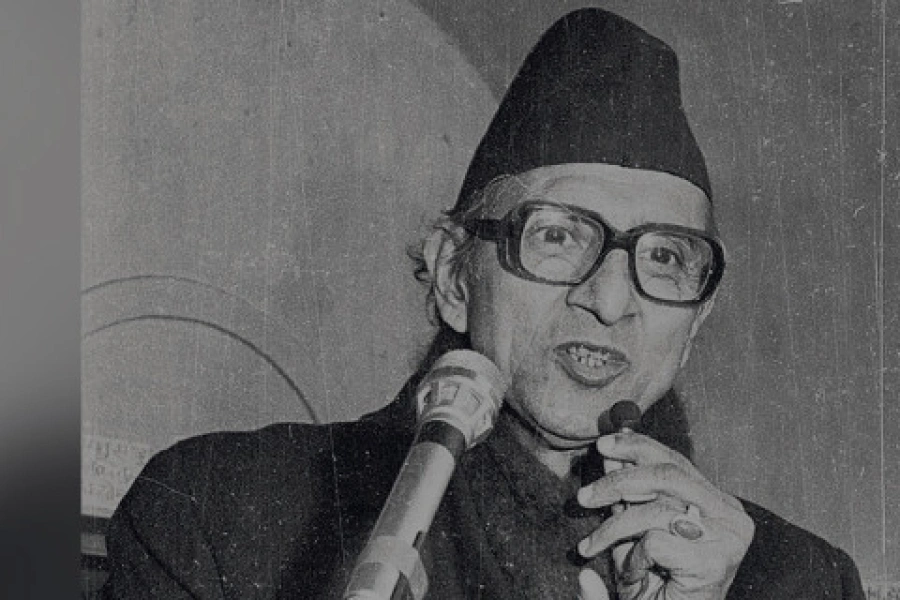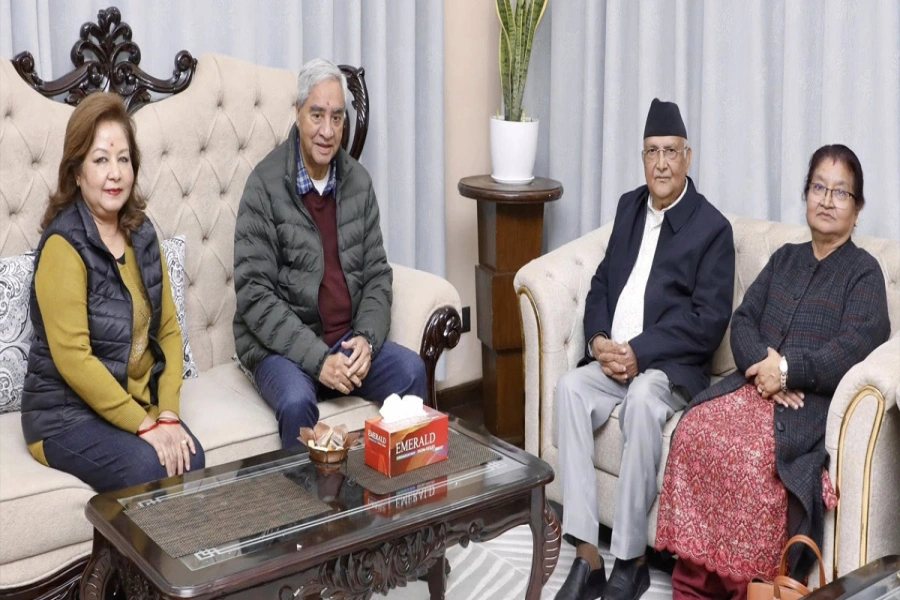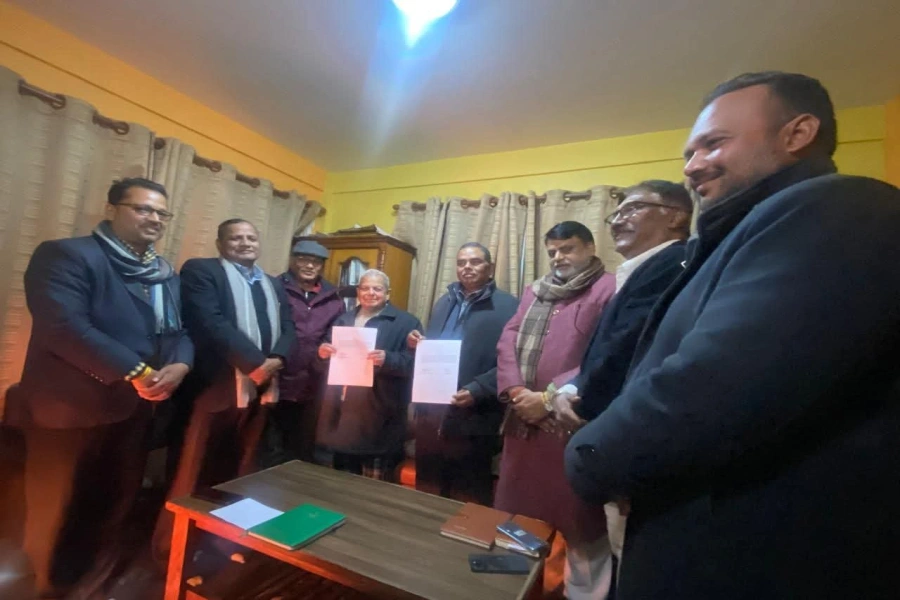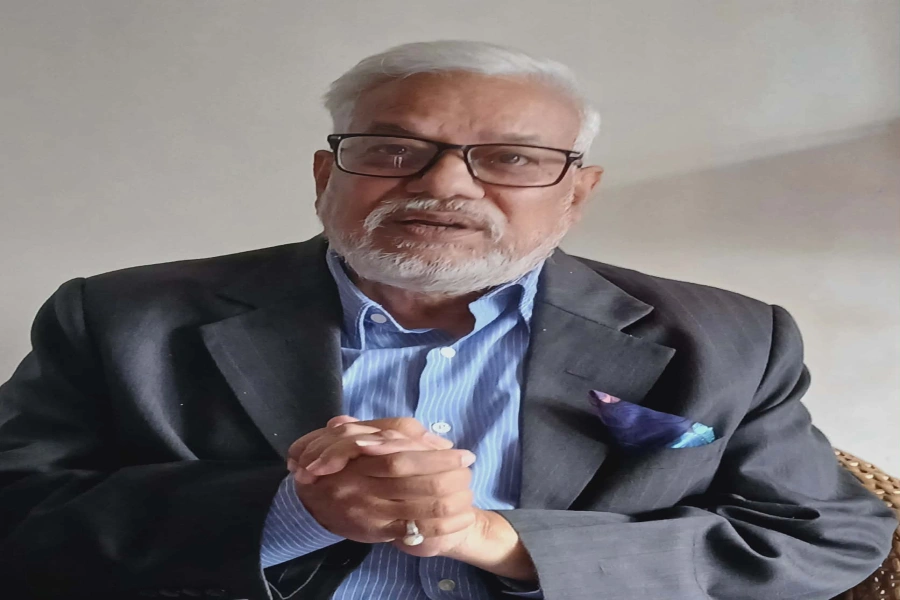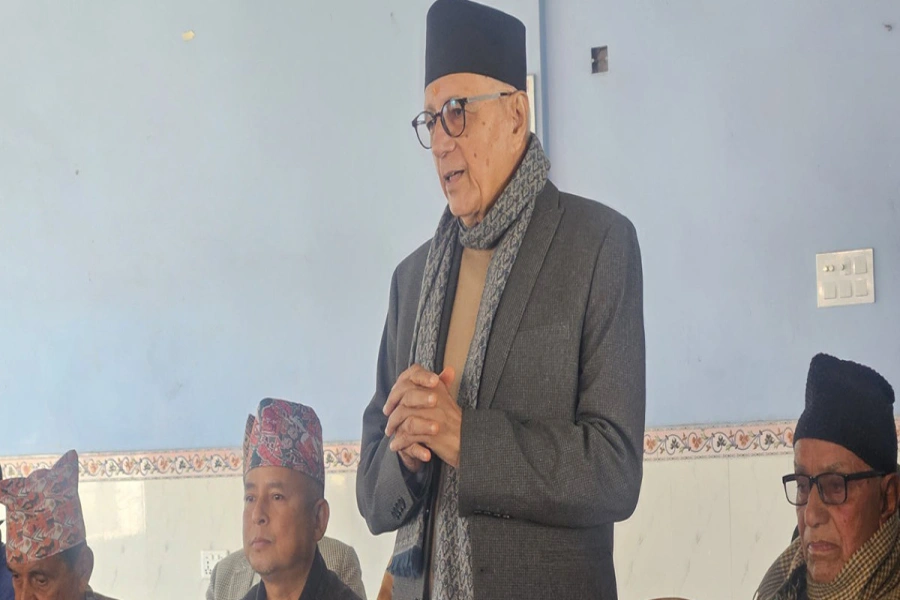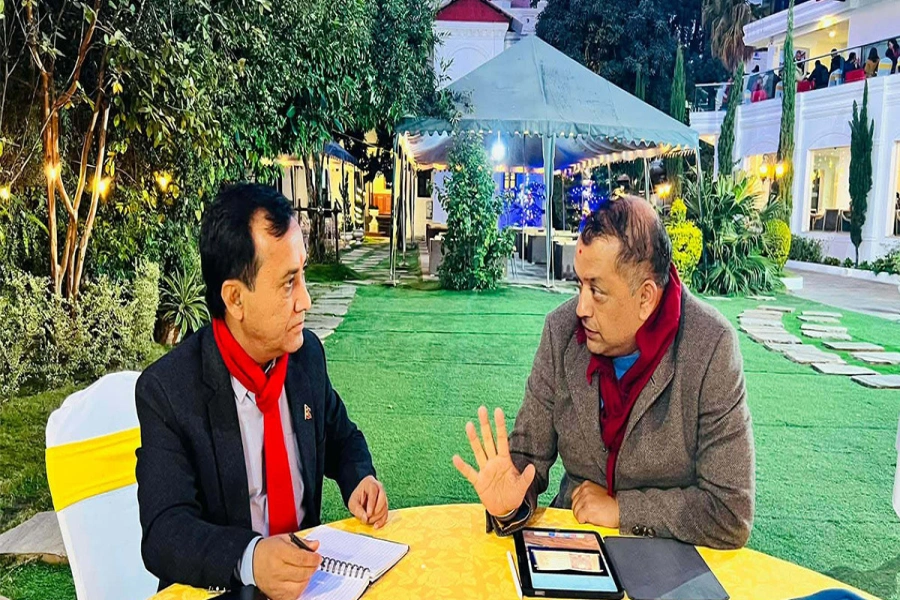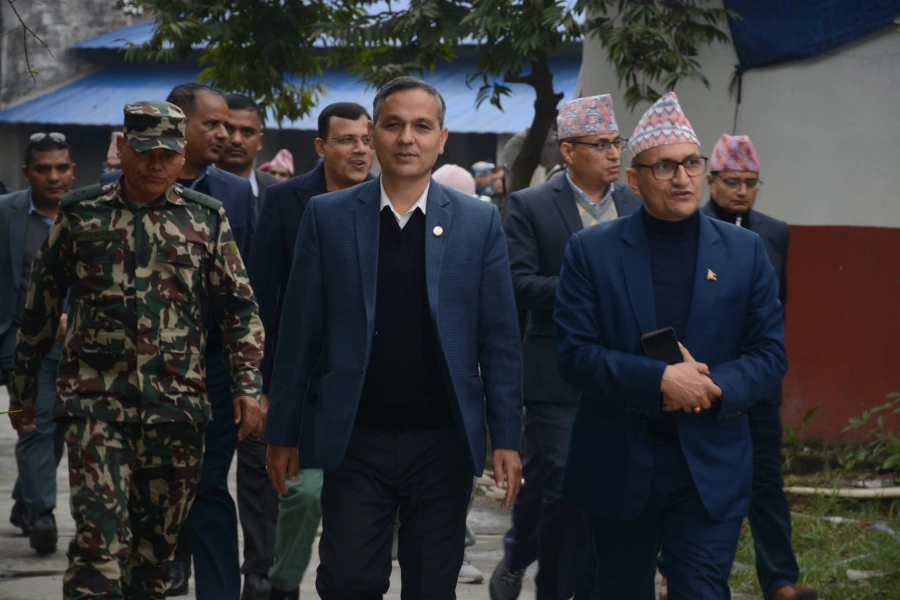The division of the sensible, a key idea in the works of French philosopher Jacques Ranciere, means how I do my own business and thus how I see the world as I want to see. Such idea is appropriate to understand how, for instance, Nepali political institution views politics and the public on whom the politics is acted upon.
Beginning from constitutional assembly project, Nepal’s relation to its powerful neighbors, federalism, and internal peace, there are politicians’ view points. What is visible to the politicians is what they want to see: what is writing constitution and what is dividing the nation into parts and plots. What the common people feel and understand do not stand any chance in their views.
The world you see is what the world is for the politicians not what is visible biologically and physically. Once upon a time in Rome there were political disturbances and people were demanding change. The senators did not pay any heed to the public demand because they heard only noises. The public speeches, demands and petitions were just noises for the politicians. Thus what politics is what the politicians think and say. Ranciere would call it the division of the sensible, that is, the world cut off and then understood as only what the police-power sees. I am using politics as an example though the division of the sensible can be applied in every possible human social sphere.
The division of the sensible is mainly about how to divide and then share things out for to suit your own business. Thus for Nepali politicians democracy is not a form, not a totality which can be understood with clarity of definitions and meanings. Democracy is what they understand and is not what common people share what it is.
What then is the consequence of such distribution of the senses? Does it blind the political vision of those who dictate the overall course of the country? They do not see, listen, and feel what other see, listen, and feel. They do not share but share others out from their perspectives.
The legend is that the Incas did not see the huge Spanish ships coming to their shores because they had never seen such ships. When the strangers landed on their shores and came close, only then they saw and were alarmed. A large ship was not in their visible vocabulary so they did not see the massive ships in the sea.
There are funnier examples of the division of the sensible. Politically motivated (I mean party politics in universities and colleges) do not see classes going on and they inter and start lecturing, drivers do not see pedestrians and pedestrians do not see moving vehicles, the traffic police see only licenses. Old politicians only see democracy as sites of conflict, the Maoists see problems always caused by imperialists, and the ethnic groups see salvation only in federalism.
Our mythical rakchasas (demons) saw humans as a mass of delicious flesh like a devotee sees pleasing the gods as sacrificing animals. Once upon a time there was a demon living in a cave of a thick forest. He had never come out of the forest because he just found animals amidst the trees and ate them. One day his aging father sent him to an adventure. “Go to the nearby town and pick up two legged brown and black living things. He walked for hours and came out of the jungle. He walked past the green fields and felt very happy by seeing the plants. Where the stretch of plantation ended, there was a crowded town. He walked ahead and saw buff mud houses like the color of the rocks around his caves. He also saw trees, woods, meat and fruits. He saw everything possible resembling his forest colors. He did not see humans since he had never seen them.
He returned to his father and reported. The father thought that another demon more powerful than him must have devoured all the humans of the town. He took his belongings and his family and sneaked away up in the mountain. His son was surprised and thought his father is really old and dying so he one fine afternoon, very hungry he was, ate his father but soon died by food poisoning.
There is not a moral of the story though. In Marx’s line of wisdom the demon had not learned the forming of the five senses as a labor of the entire human history. Our politicians are not the visitor like the demon was. They live with us and around us and still do not see what common people share in sense experiences. They are, perhaps, more dangerous than the color blind demon.
orungupto@gmail.com
Kathmandu Road Division Office summons KMC mayor Balen to appea...




